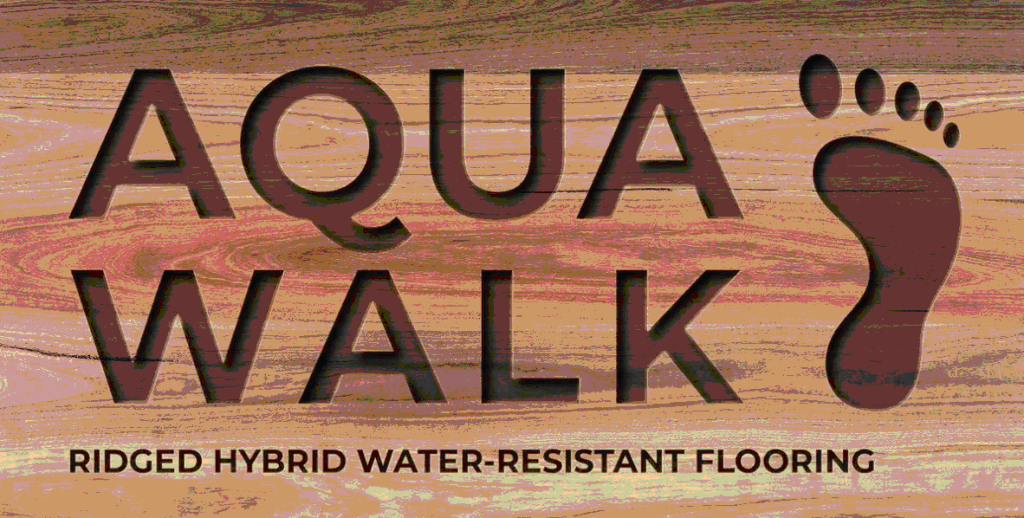DIFFERENCE BETWEEN WATER RESISTANCE AND WATERPROOF HYBRID FLOORING
WATER RESISTANCE AND WATERPROOF ARE TWO TERMS, often used when describing flooring materials like hybrid flooring. While they may sound similar, they have different meanings and implications when it comes to the flooring’s ability to withstand water exposure. Let’s explore the differences between water resistance and waterproof hybrid flooring:
Water Resistance: Water resistance means that the flooring has some level of protection against water, but it is not completely impervious to moisture. In the context of hybrid flooring, which typically consists of a rigid core and a wear layer, water resistance refers to the flooring’s ability to resist water penetration to some extent. This is achieved by using materials that are less susceptible to water damage, such as stone-plastic composite (SPC) cores.
While water-resistant hybrid flooring can withstand minor spills, splashes, and normal cleaning processes without immediate damage, it is not suitable for areas with high humidity, excessive moisture, or potential submersion. Prolonged exposure to water or moisture can still cause damage, such as warping, swelling, or delamination. Cupping and breaking at the Joints,
However, we would like to caution buyers that it is our belief that most Hybrid Flooring is, in Fact, WATER RESISTANT and NOT WATERPROOF, often suppliers will put a piece of Hybrid flooring in water and leave it for a couple of days, then remove the flooring and to the eye that flooring looks perfect, but they do not realize that the floor has absorbed moisture.
We would suggest that you get a written guarantee that the floors you are about to purchase are 100% WATERPROOF and will not cup, break, delaminate, warp, or swell, once installed
If you factor this over a few hundred boards presuming only a minimal growth of .01% per board, then the overall result will be substantial and the boards will push/ squeeze each other until they cup, break, delaminate, warp, and swell.
In summary, the key difference between water resistance and waterproof hybrid flooring lies in the level of protection against water. Water-resistant flooring can handle minor spills and dampness, but it is not designed for prolonged exposure to water or moisture.
When choosing the right flooring for your needs, consider the specific location and potential water exposure to determine whether water resistance or waterproof properties are more appropriate for the given space.

